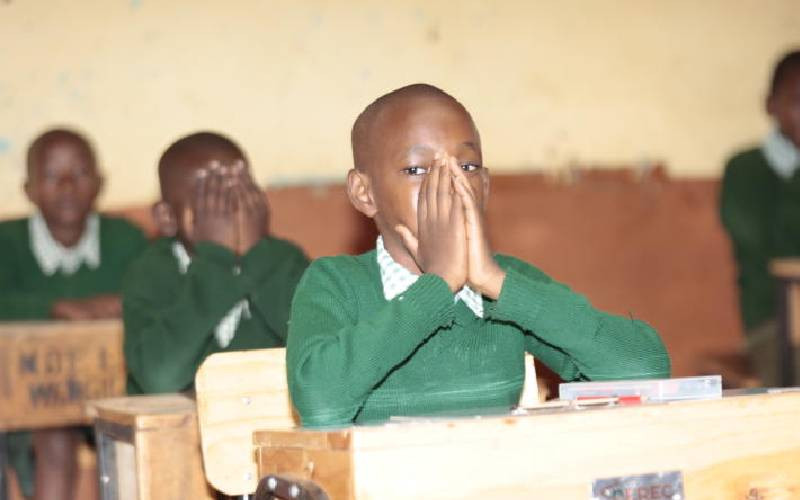×
The Standard e-Paper
Kenya’s Boldest Voice

The 1.2 million learners who transitioned from primary to junior secondary school under the Competency-Based Curriculum can now access the Kenya Primary School Education Assessment (KPSEA) scores.
Kenya National Examination Council (KNEC) chief executive David Njengere said the assessment results had been released and called on parents and schools to use the feedback to address identified learning gaps.